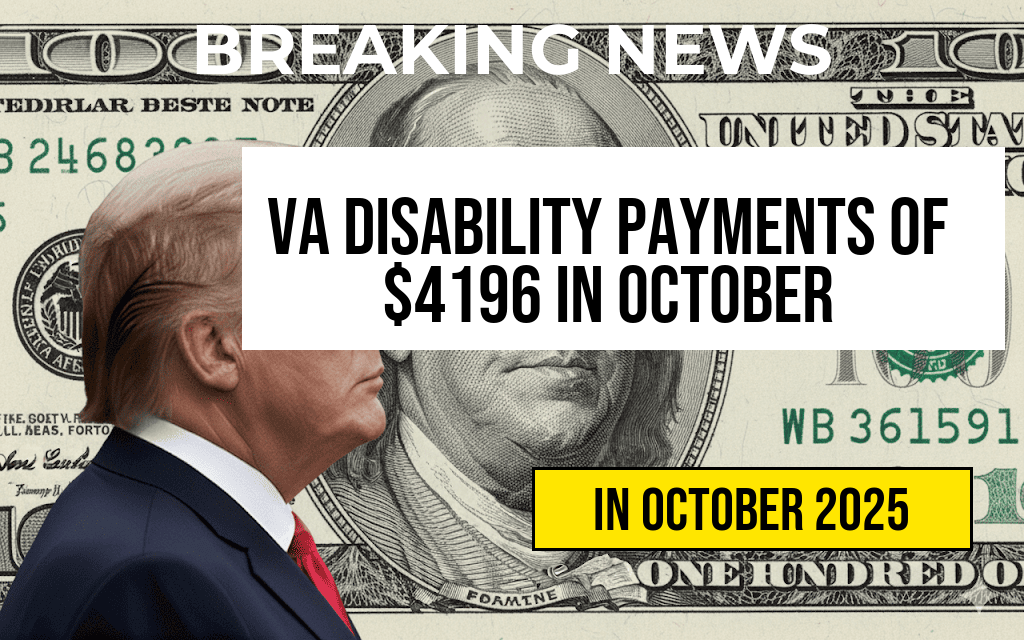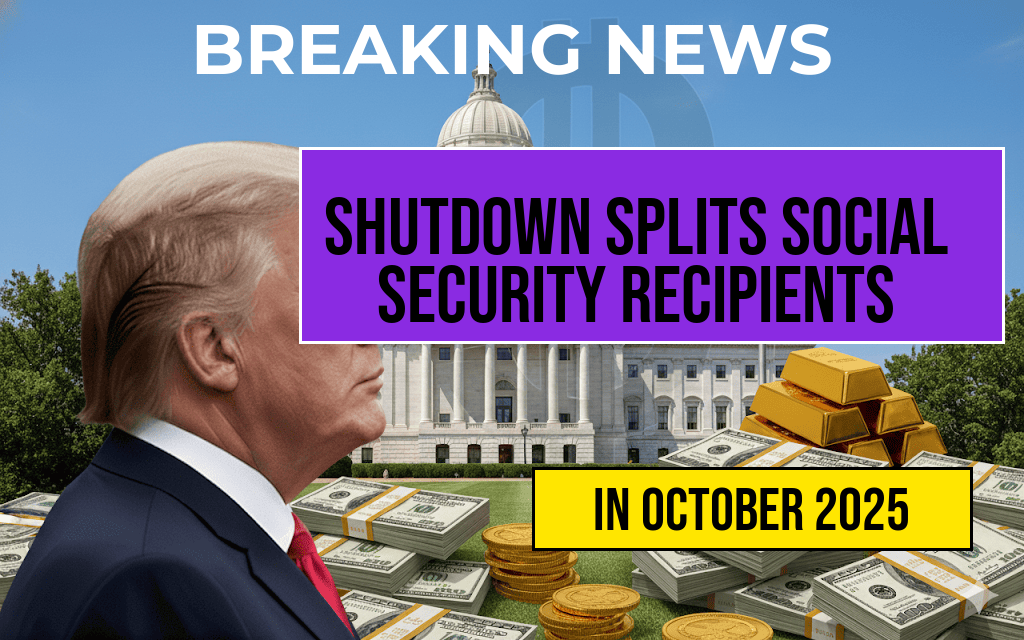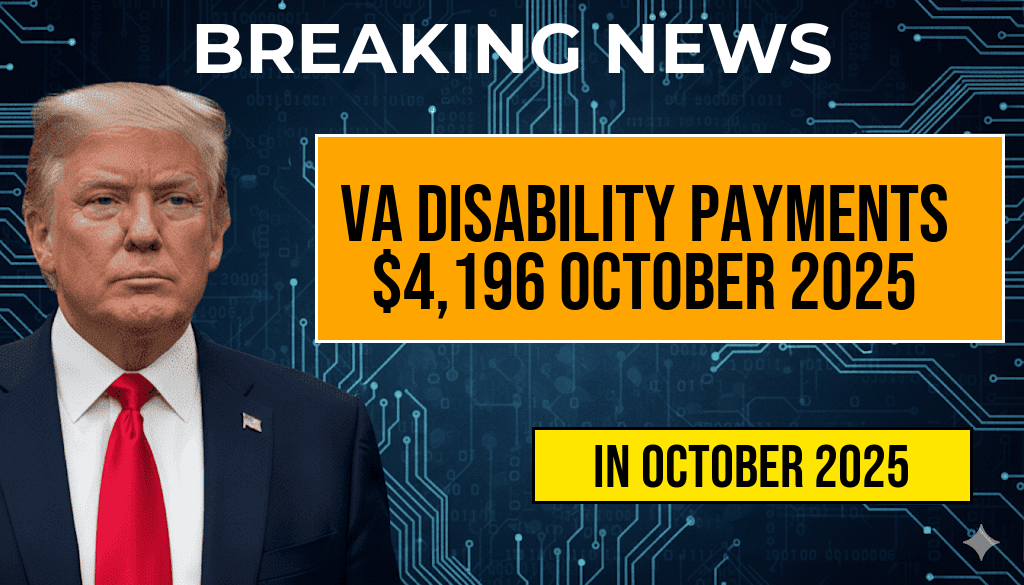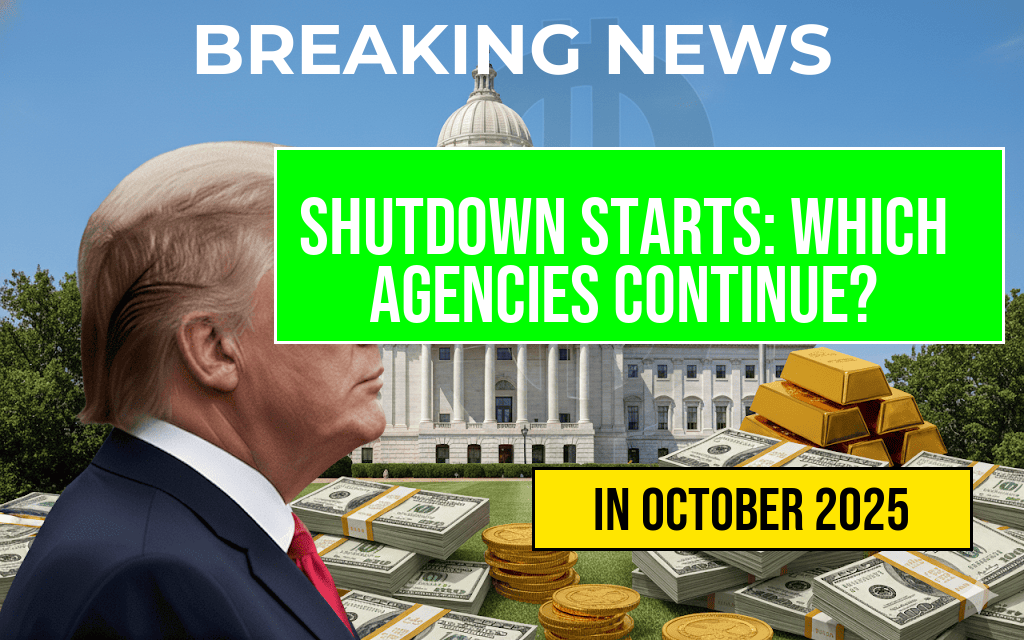The looming threat of a government shutdown is poised to create a stark divide among Social Security recipients. While current beneficiaries are expected to continue receiving their payments uninterrupted, new applicants seeking benefits will face extensive delays, potentially leaving thousands without immediate support. This division stems from congressional impasses over federal funding, which directly impacts the operations of agencies responsible for processing Social Security claims. As lawmakers debate spending bills, the uncertainty raises concerns about the financial stability of vulnerable populations relying on these benefits. Experts warn that the shutdown could exacerbate economic hardships for those waiting to start receiving their benefits, while current recipients remain largely unaffected in the short term. The situation underscores how fiscal disagreements can have immediate and tangible consequences for millions of Americans dependent on Social Security.
Current Beneficiaries Remain Protected, but Future Applications Face Delays
Under existing policies, Social Security payments to current beneficiaries are generally protected during a government shutdown. The Social Security Administration (SSA) has contingency plans in place that prioritize the distribution of benefits to ensure recipients receive their payments on schedule. However, these measures do not extend to new applicants. Individuals submitting claims for retirement, disability, or survivor benefits could encounter significant processing delays, with some reports indicating wait times stretching weeks or even months beyond normal expectations.
While the SSA typically continues to process claims during short-term shutdowns, prolonged funding lapses may necessitate suspending new applications altogether. Without congressional appropriations, the agency’s ability to operate at full capacity becomes compromised, leading to a backlog of cases. Experts emphasize that this situation could disproportionately impact low-income individuals and vulnerable populations who rely heavily on timely benefits to meet basic needs.
Impacts on New Applicants and the Broader Social Security System
- Processing Delays: New applicants face extended wait times, delaying access to crucial financial support.
- Economic Hardship: Without benefits, some individuals may struggle to cover essentials such as housing, healthcare, and food.
- Administrative Challenges: The SSA’s staffing and operational capacity are strained during shutdowns, complicating claim processing even further.
Moreover, the backlog could create long-term administrative challenges, forcing the agency to prioritize certain cases over others once funding is restored. This prioritization often favors those with urgent needs, but the overall delay hampers equitable access for all applicants.
Legislative Responses and Policy Considerations
Lawmakers are acutely aware of the fallout from a potential shutdown, especially regarding Social Security. Some have called for emergency measures or temporary funding bills aimed at preventing disruptions. However, partisan disagreements over broader budget issues have hindered progress, leaving the threat of a shutdown imminent.
Recent proposals have suggested allocating emergency funds to keep the SSA operational for a limited period, but these measures often face opposition and may not cover extended periods of government inaction. The situation underscores the need for a more sustainable funding plan that shields essential social programs from political impasses.
Historical Context and Potential Consequences
| Year | Duration | Effect on Social Security Payments | Notable Outcomes |
|---|---|---|---|
| 2013 | 16 days | Payments to beneficiaries continued uninterrupted | Minor processing delays for new claims |
| 2018-2019 | Partial government shutdown lasting 35 days | Continued benefit payments; delays in processing new applications | Increased backlog and administrative strain |
Historical precedents suggest that while current beneficiaries often receive payments despite shutdowns, the administrative backlog and delays in processing new claims can have lasting effects. The current political climate suggests that a protracted shutdown could mirror these challenges on a larger scale, intensifying hardship for applicants and complicating the SSA’s operations.
Legal and Economic Implications
The legal framework governing Social Security benefits provides some protections for current recipients, but it lacks provisions to safeguard new applicants during funding shortages. The economic implications extend beyond individual hardships, potentially affecting local economies where Social Security benefits constitute a significant portion of income for retirees and disabled individuals. Reduced or delayed payments could lead to decreased consumer spending, which in turn impacts small businesses and local economies.
Financial analysts warn that prolonged delays could increase reliance on emergency aid programs and food assistance, straining social safety nets designed to support vulnerable populations. Policymakers face mounting pressure to find a resolution that ensures uninterrupted benefits and maintains the integrity of the Social Security system.
Sources and Further Reading
Frequently Asked Questions
What is the impact of a government shutdown on existing Social Security beneficiaries?
Existing Social Security recipients will continue to receive their benefits without interruption during a government shutdown, as their payments are protected by law.
How does a government shutdown affect new Social Security applicants?
New Social Security applicants will face full delays in processing their claims, potentially experiencing longer wait times and no benefit payments until the shutdown ends.
Will there be any changes to Social Security payments during a government shutdown?
Existing beneficiaries will still receive their scheduled payments, but new applicants will not receive benefits until government operations resume.
What should new Social Security applicants do during a government shutdown?
New applicants should stay informed through official channels for updates, and consider preparing for potential delays in claim processing and benefit payments.
Is there any way to avoid delays if I am a new Social Security claimant?
Currently, there is no way to bypass processing delays caused by a government shutdown, but staying updated with the Social Security Administration’s announcements can help you plan accordingly.










